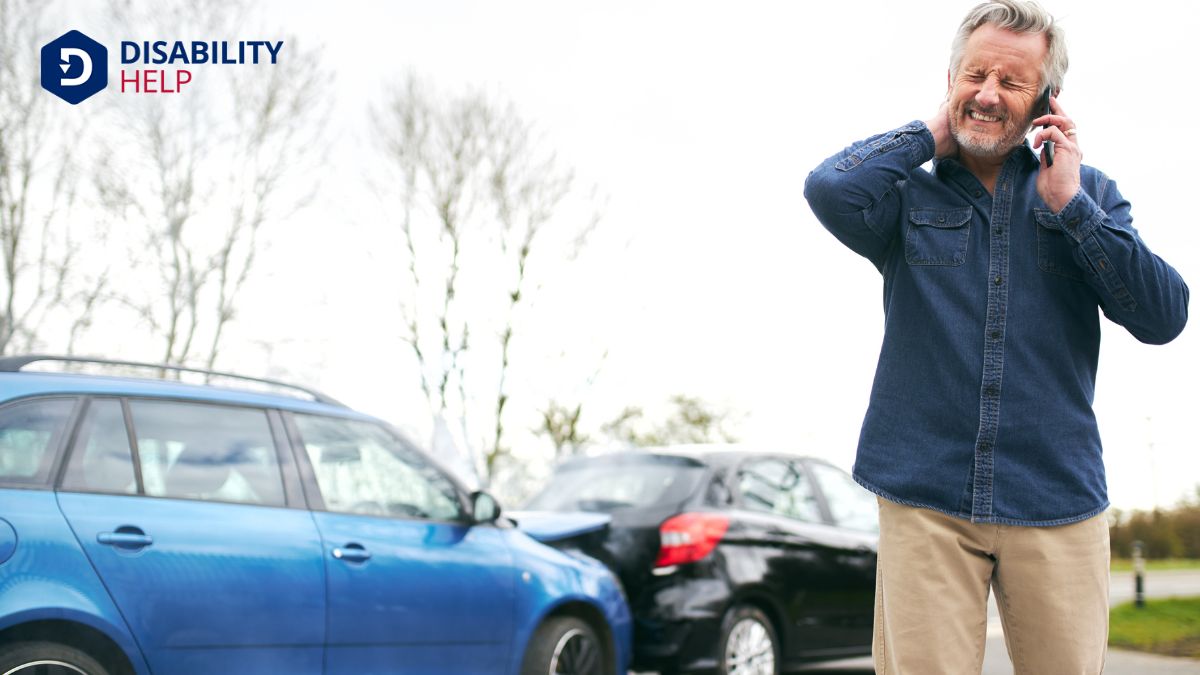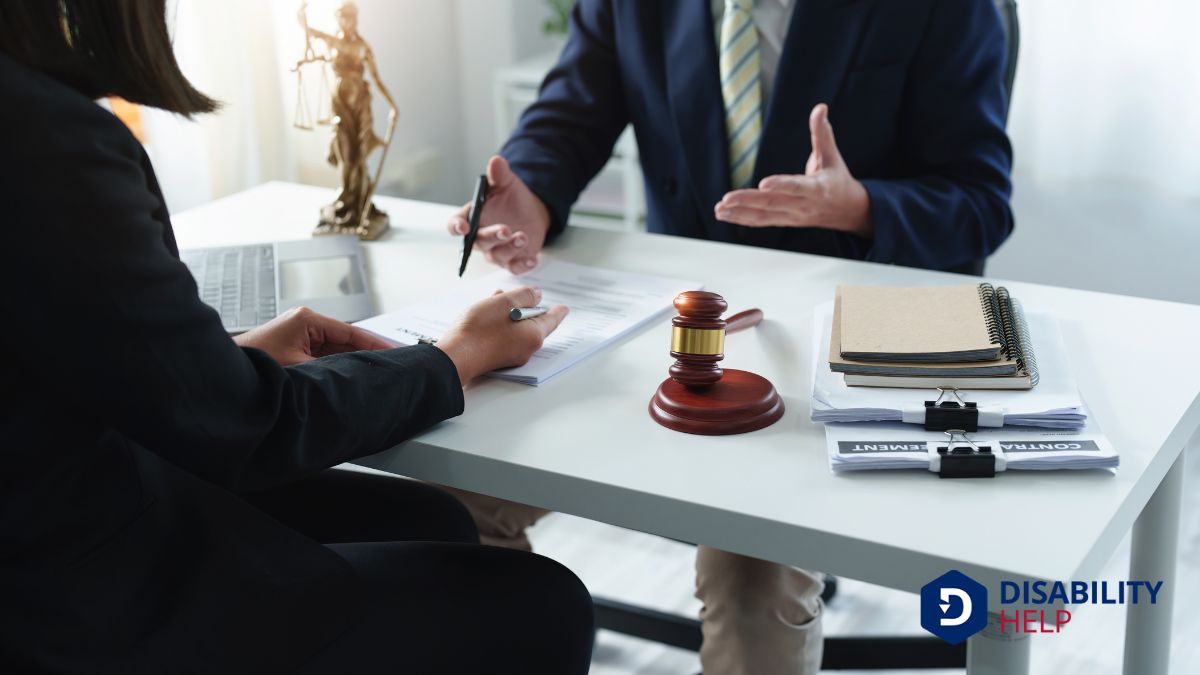When we find ourselves involved in a minor car accident, the question of whether we can sue for injuries often arises. Even seemingly minor collisions can lead to unexpected injuries and financial burdens. Understanding when it's appropriate to pursue legal action is essential. We'll explore what it takes to build a strong case, how to determine fault, and what compensation we might be entitled to. Are we really prepared to navigate this intricate process?
Key Takeaways
- You can sue for injuries if the other driver is found negligent in the minor car accident.
- Proving actual harm, such as medical expenses, is necessary to support a personal injury claim.
- Gathering evidence like police reports and witness statements strengthens your legal case.
- Consulting a personal injury attorney can help you understand your rights and potential compensation.
- Legal action may be necessary if insurance compensation does not cover all incurred damages.
Understanding Minor Car Accidents and Injuries

When exactly do we classify a car accident as "minor"? We typically consider accidents minor when there’s minimal damage to vehicles and no immediate, visible injuries to those involved.
These are often low-speed collisions, like fender benders in parking lots or rear-end accidents. It’s crucial to remember, though, that not all harm is evident right away. We might feel fine initially, but symptoms can appear later, which complicates the "minor" label.
In these situations, we must be cautious and attentive. Let's make sure we exchange information with the other driver, document the scene with photos, and file a police report, if necessary.
Consulting a healthcare professional, even if we feel well, is prudent. Understanding this helps us navigate the aftermath effectively.
Common Injuries Resulting From Minor Collisions
Minor collisions can still result in significant injuries, even if they don't seem severe at first glance. We often underestimate the impact of these seemingly minor accidents.
Whiplash is one of the most common injuries caused by the sudden jerking of the neck. It can lead to persistent pain and discomfort. Soft tissue injuries, like sprains and strains, also frequently occur, affecting muscles and ligaments.
Headaches might arise from a minor bump or jolt, signaling potential concussions. Even our backs aren't immune; the force can lead to herniated discs or chronic back pain.
It's essential that we pay attention to our bodies after an accident. Symptoms may not appear immediately, so seeking medical attention is always a wise decision.
Determining Fault in Minor Car Accidents
When we're trying to figure out who's at fault in a minor car accident, examining the accident evidence is essential.
We should also consider the importance of witness statements, as they can provide clarity and support our claims.
Finally, understanding insurance claim procedures will help us navigate the process effectively and guarantee our rights are protected.
Evaluating Accident Evidence
Determining fault in minor car accidents often hinges on evaluating the available evidence.
We must carefully gather and analyze every piece of information to build a solid understanding of what occurred. This process involves several key steps:
- Photographs: Capture images of the accident scene, vehicle damage, and any visible injuries. These photos can provide a clear picture of the event's impact.
- Police Reports: Review any police reports filed. Officers document essential details and initial observations that can help clarify the circumstances of the accident.
- Accident Reconstruction: When necessary, experts can reconstruct the accident. This analysis uses data from the scene to determine vehicle speeds and trajectories.
Witness Statements Importance
In the quest to determine fault in minor car accidents, witness statements hold significant value alongside photographic and documented evidence. When we collect statements from those who saw the accident unfold, we gain insights that mightn't be captured in photos or reports.
Witnesses can provide details about the actions of each driver, road conditions, and other critical factors. Their unbiased perspectives help paint a clearer picture of the event.
It's vital that we gather these statements promptly. Memories fade, and details can be forgotten quickly. By obtaining their accounts early, we guarantee the information is fresh and reliable.
As we navigate this process, engaging with witnesses respectfully encourages their cooperation and yields detailed, truthful accounts that enhance our understanding of the incident.
Insurance Claim Procedures
Although minor car accidents might seem straightforward, the insurance claim process can be surprisingly complex.
We must determine fault accurately to guarantee a fair outcome. Here’s how we can approach it:
- Gather Evidence: Right at the scene, we should collect photos, videos, and any other relevant evidence. This documentation will help in understanding the accident's context.
- Consult the Police Report: If the police were called, their report is essential. It provides an official perspective on the accident, detailing evidence and observations that can clarify who’s at fault.
- Communicate with Insurers: We need to promptly report the accident to our insurance company. Providing them with all the gathered evidence and the police report helps them make an informed decision about fault.
Understanding these steps can simplify the process.
Legal Grounds for Filing a Personal Injury Claim
When considering whether we can sue for injuries from a minor car accident, it’s essential to understand the legal grounds for filing a personal injury claim.
First, we must establish that the other driver was at fault. This involves proving negligenceA legal concept where a party fails to exercise reasonable care, resulting in harm to another person..., meaning they breached their duty to drive safely, directly causing our injuries. We need to gather evidence, like police reports or witness statements, to support our case.
Next, we should demonstrate that the accident resulted in actual harm, such as medical bills or lost wages. It’s not enough to show that an accident happened; we must connect the incident to our injuries.
Understanding these requirements helps us determine if pursuing legal action is a viable option after a minor collision.
Types of Damages You May Be Entitled To
While considering a lawsuit for a minor car accident, it’s essential to understand the types of damages we might be entitled to. Knowing what we can claim helps us make informed decisions and guarantees we receive fair compensation.
Here are three main types of damages:
- Medical Expenses: We can claim costs for doctor visits, hospital stays, medications, and any ongoing treatment related to the accident. Even minor injuries can accumulate significant medical bills.
- Lost Wages: If our injuries prevent us from working, we might be entitled to compensation for lost income during our recovery period.
- Pain and Suffering: This compensates us for physical discomfort and emotional distress resulting from the accident. It's more subjective but still an important aspect of our claim.
Steps to Take After a Minor Car Accident
After experiencing a minor car accident, it’s essential we act promptly and thoughtfully to safeguard our rights and guarantee everyone's safety.
First, let’s check for injuries and move to a safe location. We should call the police to report the accident, even if it seems minor, as a report can be significant later.
Exchanging information with the other driver is important; let's gather names, contact details, insurance info, and vehicle details.
Documenting the scene with photos guarantees, we've evidence of damage and conditions. We also need to talk to witnesses and note their contact information.
Finally, it's important we seek medical attention, even for minor injuries, as symptoms may appear later. Acting decisively can protect our interests.
The Role of Insurance in Minor Accident Claims
When we're involved in a minor car accident, understanding our insurance coverage limits is essential.
We need to file a claim promptly and prepare for the adjuster negotiation process, which can influence the settlement we receive.
Let's explore how these elements impact our ability to address minor accident injuries effectively.
Insurance Coverage Limits
Understanding the role of insurance coverage limits in minor accident claims is essential for anyone involved in a fender bender.
These limits determine how much the insurance company will pay for damages and injuries. By being aware of these limits, we can better navigate the claims process and understand our potential out-of-pocket expenses.
Here are three key points to keep in mind:
- Policy Limits: Each insurance policy has maximum limits for property damage and bodily injury. Knowing these helps us gauge the coverage provided.
- Underinsured Situations: If the other driver’s insurance doesn’t cover all expenses, we might need to tap into our own policy or consider legal action.
- Personal Coverage: Reviewing our policy guarantees we've adequate coverage to handle any shortfalls.
Filing a Claim
How do we effectively navigate the process of filing a claim after a minor car accident?
First, we should promptly report the incident to our insurance company. This guarantees that we meet any deadlines and start the claims process smoothly.
It’s important to gather all necessary documents, like photos of the accident scene, contact information of those involved, and a copy of the police report if available. These details support our case and help the insurer assess the situation accurately.
Next, we review our insurance policy to understand what’s covered. This knowledge helps us set realistic expectations about potential compensation.
We should also keep records of any medical visits or repairs. This documentation is essential for validating our claim and securing the best possible outcome.
Adjuster Negotiation Process
Though maneuvering the adjuster negotiation process can seem challenging, it plays an important role in resolving minor accident claims. We must first understand that the adjuster represents the insurance company and aims to settle the claim fairly but in the company's best interest.
Here's how we can effectively navigate this process:
- Preparation: Gather all necessary documentation, including police reports, medical records, and repair estimates. This evidence supports our claim and strengthens our negotiating position.
- Communication: Keep interactions with the adjuster clear and concise. Be honest about the accident details, but avoid unnecessary disclosures that could undermine our claim.
- Negotiation: Be ready to counter initial offers. It's vital to know our claim's worth and stand firm while being open to reasonable compromises.
Consulting With a Personal Injury Attorney

When considering legal action after a minor car accident, consulting with a personal injury attorney can be essential. They'll help us navigate the often-complex legal system, ensuring we comprehend our rights and potential compensation.
An attorney can assess the specifics of our accident, identify liable parties, and gather the necessary evidence to strengthen our case.
During our consultation, we should be ready to discuss details like medical records, accident reports, and any correspondence with insurance companies.
A knowledgeable attorney will help us evaluate whether pursuing a lawsuit is in our best interest and, if so, guide us through each step of the process.
Ultimately, having an experienced advocate can make a significant difference in achieving a favorable outcome. Let’s take that step wisely.
Conclusion
In summary, when we're involved in a minor car accident, we can pursue a lawsuit for injuries if we prove the other driver's negligence. It's vital to gather evidence like police reports and witness statements to support our claim. We should document any actual harm, such as medical expenses or lost wages. Consulting with a personal injury attorney will guide us through this process, helping us decide if suing is the right step. Let's guarantee our rights are protected.






